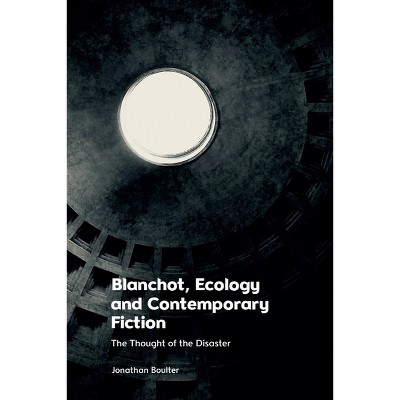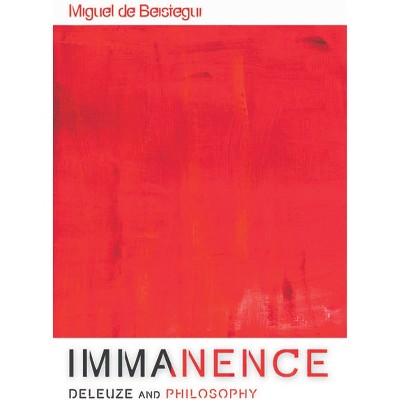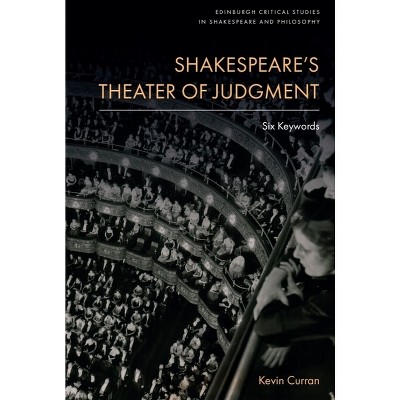Fiction, Philosophy and the Ideal of Conversation - by Erin Elizabeth Greer (Paperback)

About this item
Highlights
- The ideal of 'conversation' recurs in modern thought as a symbol and practice central to ethics, democratic politics, and thinking itself.
- Author(s): Erin Elizabeth Greer
- 248 Pages
- Literary Criticism, European
Description
About the Book
Develops a literary-philosophical account of 'conversation' that reframes core concerns in contemporary ethics, democratic politics, and literary criticism
Book Synopsis
The ideal of 'conversation' recurs in modern thought as a symbol and practice central to ethics, democratic politics, and thinking itself. Interweaving readings of fiction and philosophy in a 'conversational' style inspired by Stanley Cavell, Fiction, Philosophy, and the Ideal of Conversation clarifies this lofty yet vague ideal, while developing a revitalizing model for interdisciplinary literary studies. It argues that conversation is key to exemplary responses to sceptical doubt in ordinary language and political philosophy - where scepticism threatens ethics and democratic politics - and in works of British fiction spanning from Jane Austen through Ali Smith. It shows that for these writers, conversation can shift attention from metaphysical doubts regarding our capacity to know 'reality' and other people, to ethical, democratic, and aesthetic action. The book moreover proposes - and models - 'conversational criticism' as a framework linking literary studies to broader political and ethical commitments, while remaining responsive to aesthetic form.
Review Quotes
Erin Greer makes a powerful case for conversation as a practice, as a way of relating to others existentially and politically, and as a mode of reading which brings literature and philosophy together in non-reductive ways. Shifting the ground of the debate, Greer's sharp and subtle intervention shows us how to get past entrenched positions in the so-called "method wars" in literary studies.
--Toril Moi, Duke University




